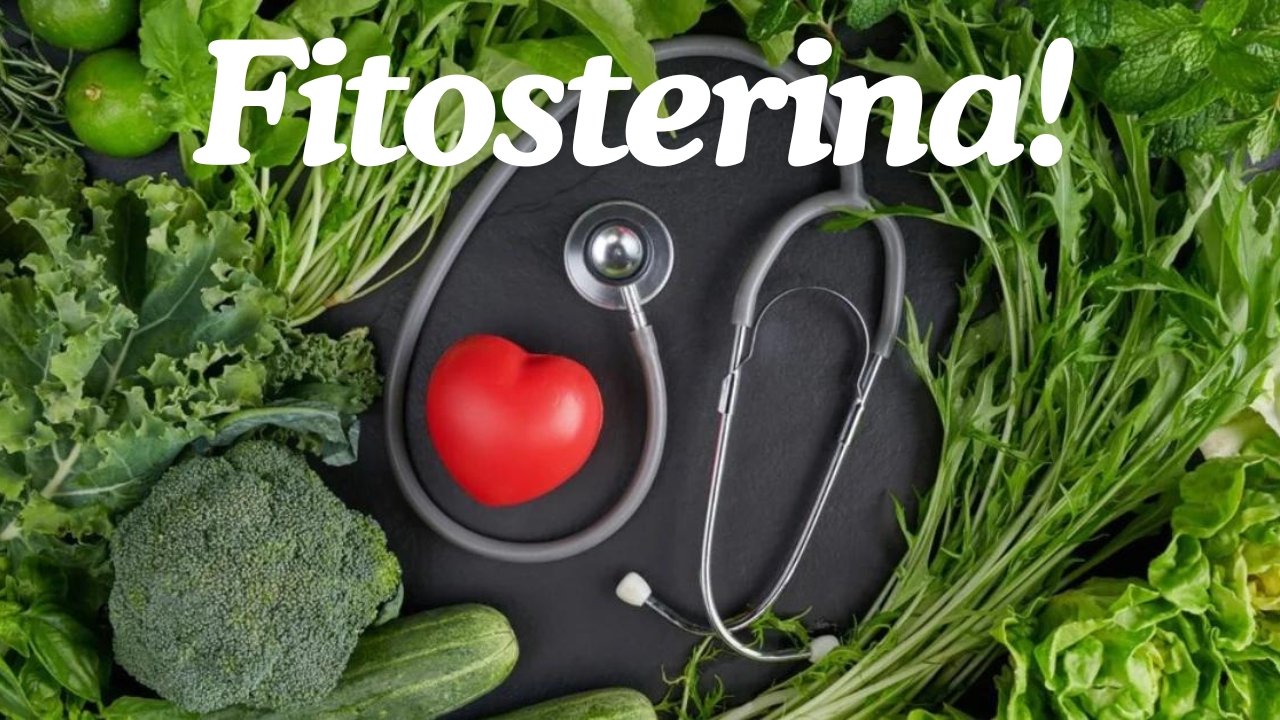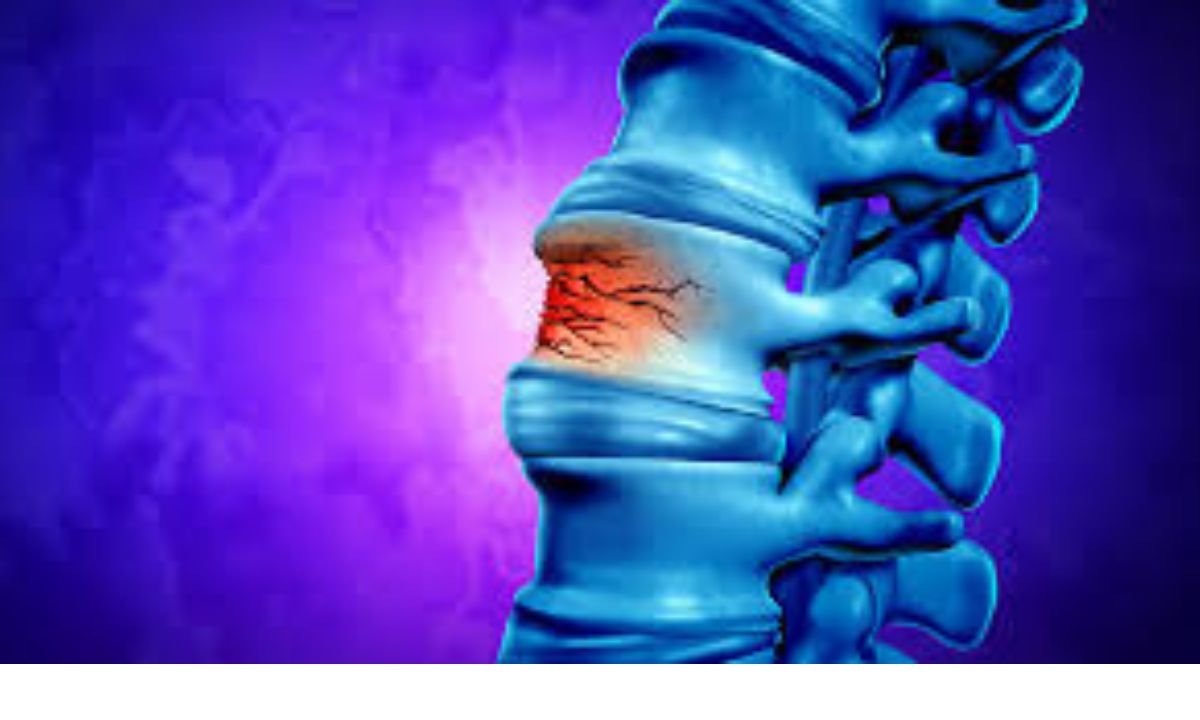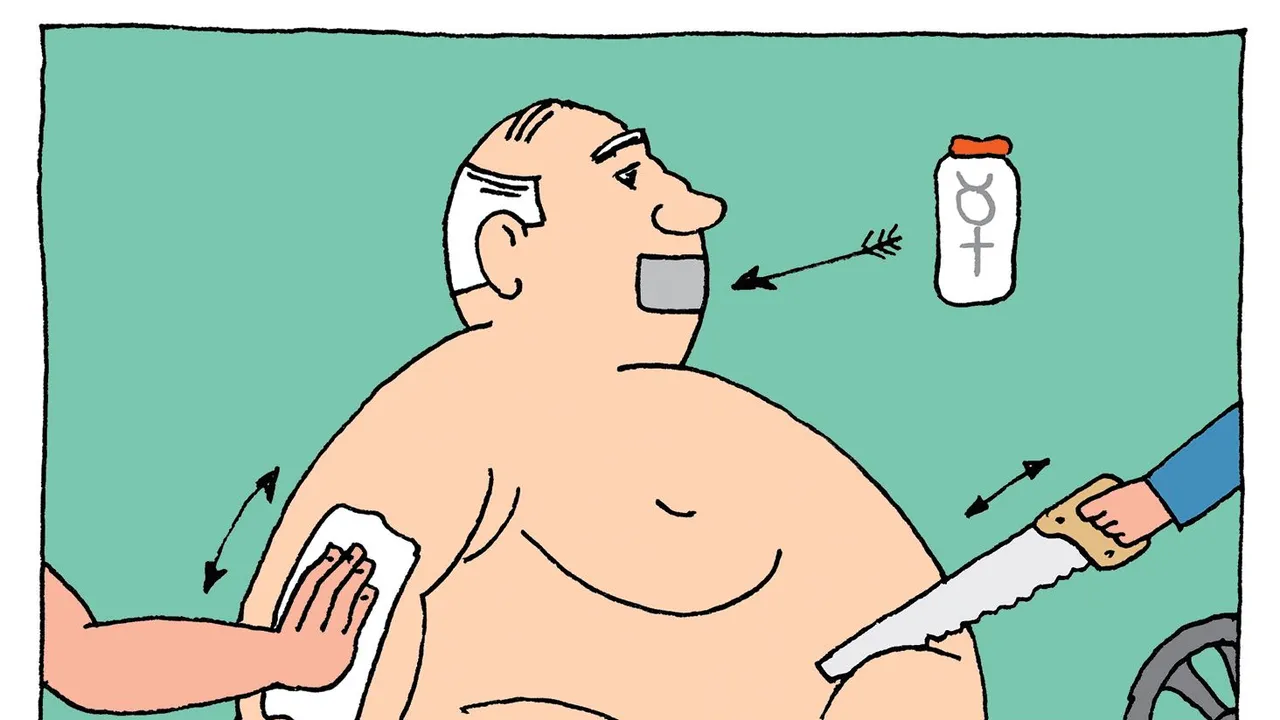In a world increasingly focused on health and wellness, finding natural solutions for managing cholesterol is more important than ever. That’s where Fitosterina comes in. This powerful compound, derived from plants, has been gaining attention for its ability to lower bad cholesterol (LDL) and improve overall cardiovascular health. But what exactly is Fitosterina, and how can it benefit you? In this comprehensive guide, we’ll explore everything you need to know about Fitosterina, from its scientific background to practical tips for incorporating it into your diet.
What is Fitosterina?
Brief Definition and Explanation
Fitosterina, commonly known as phytosterols, are plant-based compounds structurally similar to cholesterol. These naturally occurring substances are found in the cell membranes of plants and are essential for maintaining their structure and function. Unlike cholesterol, which is found in animal products, Fitosterina is exclusively derived from plant sources.
Importance and Relevance in Today’s Health and Wellness Landscape
The significance of Fitosterina in today’s health and wellness landscape cannot be overstated. With rising concerns about cardiovascular diseases and cholesterol management, many people are turning to natural alternatives. Fitosterina offers a scientifically-backed solution that not only helps manage cholesterol levels but also provides numerous other health benefits.
The Science Behind Fitosterina
Chemical Composition
Fitosterina belongs to the family of sterols, which are structurally similar to cholesterol. The most common types of phytosterols include beta-sitosterol, campesterol, and stigmasterol. These compounds share a similar chemical structure with cholesterol, making them effective in competing with cholesterol for absorption in the digestive system.
Explanation of Phytosterols and Their Structure
Phytosterols have a similar structure to cholesterol, with a hydroxyl group at the C-3 position of the sterol nucleus. This similarity allows them to effectively compete with cholesterol for absorption in the intestines. However, unlike cholesterol, phytosterols are poorly absorbed by the human body, making them an excellent tool for reducing cholesterol levels.
How Fitosterina Works in the Body
Fitosterina works primarily by blocking the absorption of cholesterol in the intestines. When consumed, these plant-based compounds compete with cholesterol for absorption, reducing the amount of cholesterol that enters the bloodstream. This mechanism helps lower LDL cholesterol levels, thereby reducing the risk of cardiovascular diseases.
Health Benefits of Fitosterina
Cardiovascular Health
One of the most well-known benefits of Fitosterina is its positive impact on cardiovascular health. By lowering LDL cholesterol levels, Fitosterina helps reduce the risk of heart disease and stroke. Studies have shown that consuming 2-3 grams of phytosterols daily can reduce LDL cholesterol by up to 10%.
Anti-inflammatory Properties
Fitosterina also possesses anti-inflammatory properties, making it beneficial for conditions like arthritis. Chronic inflammation is a contributing factor to many diseases, including heart disease, diabetes, and certain cancers. By reducing inflammation, Fitosterina can help improve overall health and well-being.
Cholesterol Management
Managing cholesterol levels is crucial for preventing cardiovascular diseases. Fitosterina has been proven to be an effective natural remedy for lowering LDL cholesterol. Unlike statins, which are commonly prescribed for cholesterol management, Fitosterina offers a natural alternative with fewer side effects.
Fitosterina in Traditional and Modern Medicine
Historical Use
Phytosterols have been used in traditional medicine for centuries. Ancient cultures, including the Greeks and Chinese, recognized the medicinal properties of plant-based compounds and used them to treat various ailments. Although not specifically identified as phytosterols, these traditional remedies laid the groundwork for modern scientific research.
Modern Applications
Today, Fitosterina is widely used in modern medicine and nutrition. It is added to various food products, including margarine, yogurt, and orange juice, to help consumers manage their cholesterol levels. Additionally, the supplement industry has embraced Fitosterina, offering capsules and tablets for those seeking a convenient way to incorporate it into their diet.
Sources of Fitosterina
Natural Sources
Fitosterina is found in a variety of plant-based foods. Some of the richest sources include:
- Nuts and seeds: Almonds, walnuts, sunflower seeds, and sesame seeds are excellent sources of phytosterols.
- Fruits and vegetables: Foods like avocados, tomatoes, and Brussels sprouts contain significant amounts of phytosterols.
- Legumes: Beans, lentils, and peas are also good sources of Fitosterina.
Supplements
For those who may not get enough Fitosterina from their diet alone, supplements are available. These supplements are typically derived from plant oils and are available in various forms, including capsules, tablets, and powders. When choosing a supplement, it’s essential to ensure it is high-quality and free from additives.
How to Incorporate Fitosterina into Your Diet
Dietary Tips
Incorporating Fitosterina into your diet can be simple and delicious. Here are some practical tips:
- Add nuts and seeds to your meals: Sprinkle them on salads, yogurts, or oatmeal for an extra boost of phytosterols.
- Choose fortified foods: Look for products like margarine and orange juice that are fortified with phytosterols.
- Include more fruits and vegetables: Aim to fill half your plate with a variety of colorful fruits and veggies at each meal.
Recipes
Here are some easy and tasty recipes to help you incorporate Fitosterina-rich foods into your diet:
- Avocado and Tomato Salad: Combine diced avocados, cherry tomatoes, red onion, and cilantro. Drizzle with olive oil and lime juice, and season with salt and pepper.
- Nut and Seed Granola: Mix oats, almonds, sunflower seeds, and honey. Bake until golden brown and enjoy with yogurt or milk.
- Veggie Stir-fry: Sauté Brussels sprouts, bell peppers, and snap peas in olive oil. Add soy sauce and garlic for flavor.
Potential Side Effects and Precautions
Possible Side Effects
While Fitosterina is generally safe for most people, some may experience mild side effects, such as gastrointestinal discomfort or diarrhea. These side effects are usually temporary and subside as the body adjusts to the increased intake of phytosterols.
Precautions
Certain individuals should exercise caution when consuming Fitosterina. Those with sitosterolemia, a rare genetic condition that leads to the accumulation of plant sterols in the body, should avoid phytosterol supplements. Additionally, pregnant or breastfeeding women should consult their healthcare provider before incorporating Fitosterina into their diet.
You May Also Like: Innovative Painsltube: A New Era in Pain Management
Conclusion
Fitosterina, the natural cholesterol champion, offers numerous health benefits, particularly in managing cholesterol levels and improving cardiovascular health. By understanding its science and incorporating it into your diet, you can take a significant step toward better health. Remember to consult with a healthcare professional before making any significant changes to your diet, especially if you have underlying health conditions.
FAQs
What is Fitosterina?
Fitosterina, also known as phytosterols, are plant-based compounds structurally similar to cholesterol. They help lower LDL cholesterol levels and provide various health benefits.
How does Fitosterina work?
Fitosterina works by blocking the absorption of cholesterol in the intestines, reducing the amount of cholesterol that enters the bloodstream.
What are the benefits of Fitosterina?
Fitosterina offers numerous benefits, including improved cardiovascular health, anti-inflammatory properties, and effective cholesterol management.
Where can I find Fitosterina?
Fitosterina is found in nuts, seeds, fruits, vegetables, and legumes. It is also available in supplement form.
Are there any side effects of Fitosterina?
While generally safe, some individuals may experience mild gastrointestinal discomfort. Those with sitosterolemia should avoid phytosterol supplements.











